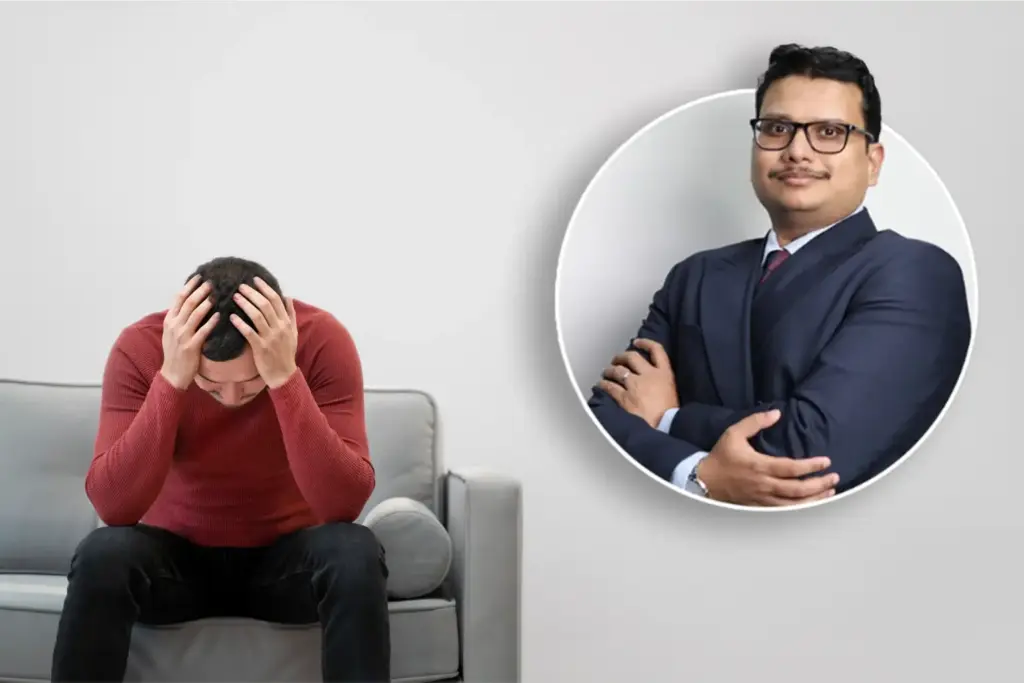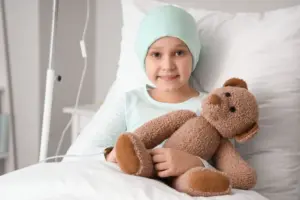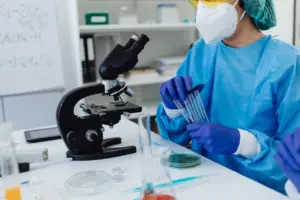
Dr Prabhojit Mohanty on Mental Health: In a field that is often discussed quietly, Dr Prabhojit Mohanty, who is a psychiatrist, sexologist, and de-addiction specialist, has turned the conversation itself into a form of treatment.
From his clinics at Altiuz Hospital (Malad) and Dwarkaa Hospital (Goregaon), Dr Mohanty is pushing a privacy-first, judgement-free model that includes home visits and personalised rehabilitation, aiming to bring help to people who hesitate to walk into a clinic.
India’s healthcare gap is stark: while millions need support for mental health conditions, addictions, and intimacy concerns, far fewer receive timely care. Dr. Mohanty’s practice addresses that gap through confidential clinical treatment (including medical therapy, psychotherapy, and family counselling) and public advocacy with corporations, schools, and medical forums to normalise help-seeking.
Also Read | Our Expert Article: Dr Chavi Bhargava Sharma On What Is Mental Health & Why It Matters
“Psychiatry, de-addiction, and sexual wellness should be treated like any other medical field. The moment we stop whispering about it, people will start healing openly,” Dr Mohanty said.
Dr. Mohanty argues that India needs three decisive shifts: start early conversations about mental health, addiction, and sexual wellness at home, in classrooms, and at workplaces; guarantee confidentiality so people feel safe seeking help sooner; and move awareness into the mainstream, replacing shame with science. “Healing is not just about reducing symptoms; it’s about restoring dignity, hope and connection,” he notes.
Dr Mohanty’s focus spans anxiety, depression, insomnia, anger outbursts, academic pressure, and relationship struggles; sexual wellness issues, including performance anxiety, low libido, and intimacy concerns; and addiction recovery across alcohol, nicotine, cannabis, and other substances, as well as behavioural addictions such as gaming, pornography, and compulsive spending.
Dr Mohanty can be contacted at: https://psychiatristmumbai.in/
Note: If you or someone you know is struggling, seeking early professional support can improve outcomes.








